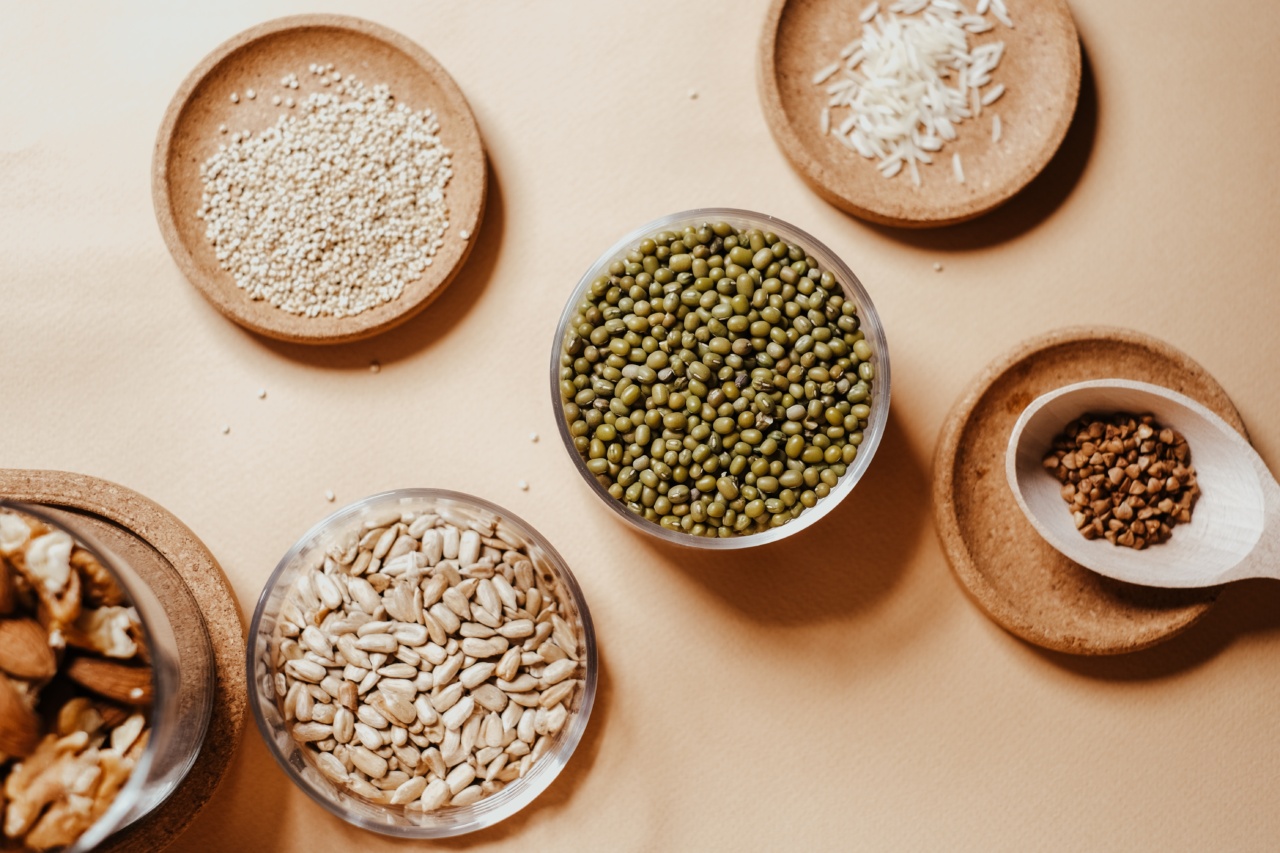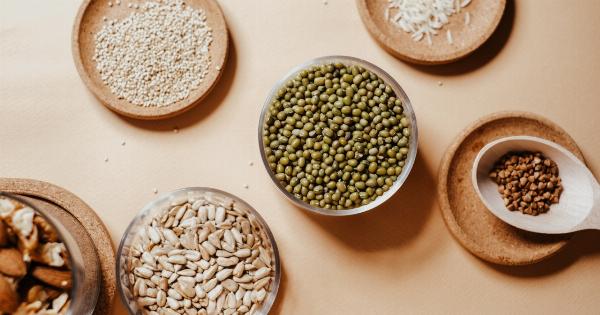Quinoa is a staple food that has been consumed by people in South America for over 5,000 years. The Incas considered it sacred and referred to it as the “mother of all grains”.
Quinoa is a pseudo-grain that is considered a superfood due to its high nutrient content. It is the only plant-based food that contains all nine essential amino acids, making it an excellent addition to a vegetarian or vegan diet.
Nutrient Content
Quinoa is a rich source of essential minerals such as magnesium, iron, zinc, and potassium. It is also an excellent source of dietary fiber, which helps maintain healthy digestion and keeps you feeling full for longer.
Quinoa is rich in antioxidants that help prevent cell damage and reduce the risk of chronic diseases such as heart disease and cancer.
Complete Protein
Quinoa is one of the few plant-based foods that is a complete protein, which means it contains all nine essential amino acids. This makes it an excellent choice for vegetarians and vegans who may struggle to obtain enough protein from their diets.
Quinoa is also a good source of non-heme iron, which is more easily absorbed by the body when consumed with vitamin C-rich foods such as tomatoes or bell peppers.
Weight Loss Benefits
Quinoa is a low-calorie food that is high in fiber and protein, making it a great choice for those looking to lose weight. It helps keep you feeling full for longer periods and reduces the temptation to overeat.
Quinoa is also a good source of complex carbohydrates, which are slowly digested by the body, helping to keep blood sugar levels stable and preventing spikes and crashes in energy levels.
Gluten-Free
Quinoa is naturally gluten-free, making it an excellent choice for individuals who have celiac disease or gluten intolerance. It is also a good alternative to wheat-based products for those who are looking to reduce their gluten intake.
Versatility
Quinoa is a versatile food that can be used in a variety of dishes. It can be used as a substitute for rice or pasta and is an excellent addition to salads and soups. Quinoa can be cooked in a variety of ways, including boiling, baking, and frying.
Its mild flavor makes it a great base for a range of seasonings and sauces.
Environmental Sustainability
Quinoa is a sustainable crop that requires little water compared to other grains such as wheat or rice. It is also resistant to pests and can be grown without the use of pesticides.
Quinoa is typically grown in the Andes region of South America, where it is an important crop for the local economy. The demand for quinoa has led to an increase in the price of the crop, which has helped support local farmers and communities.
Reduced Risk of Chronic Diseases
Quinoa is a rich source of antioxidants that help prevent cell damage and reduce the risk of chronic diseases such as heart disease and cancer.
It is also an excellent source of dietary fiber, which helps maintain healthy digestion and reduce the risk of colon cancer. Quinoa is a good source of magnesium, which has been shown to reduce the risk of type 2 diabetes, high blood pressure, and osteoporosis.
Easy to Cook
Quinoa is easy to cook and can be prepared in a variety of ways. It can be boiled like rice or added to soups and stews. Quinoa can also be cooked in a rice cooker or in the microwave.
It takes less time to cook than most grains, making it a quick and convenient option for busy weeknights.
Conclusion
Quinoa is a superfood that is packed with nutrients and has numerous health benefits. It is a complete protein that is a good source of fiber, vitamins, and minerals.
Quinoa is also versatile, easy to cook, and a sustainable crop that benefits local communities. It is a great addition to any diet due to its nutrient density and versatility in cooking.



























